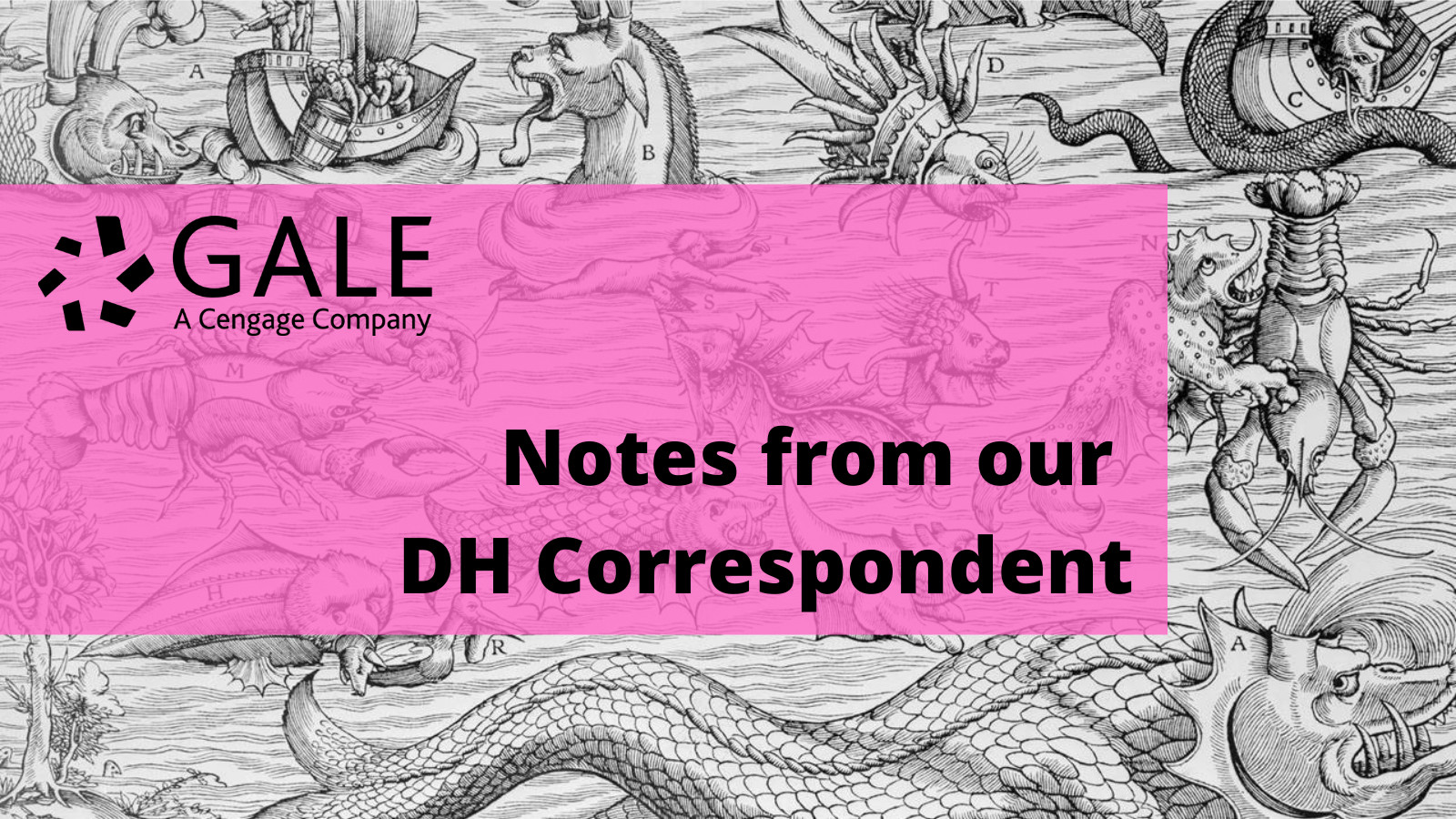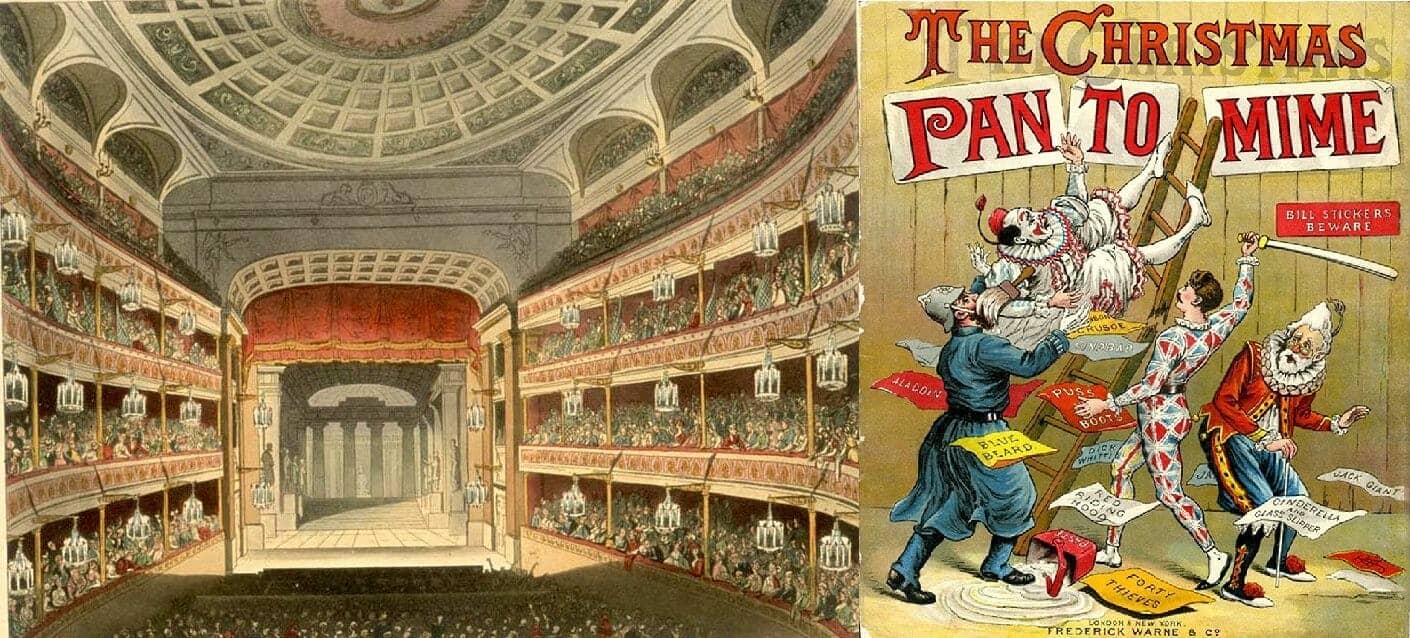│By Sarah L. Ketchley, Senior Digital Humanities Specialist│
This digital project was prompted by the broad research question: how was archaeology reported in The Illustrated London News (ILN)? The ILN is a publication notable for its fine illustrations and contributions by some of the pre-eminent archaeologists of the day. Gale Primary Sources offers access to the entire run of the newspaper covering the period 1842-2003. This blog post describes a workflow for the preliminary investigation of the data: initial content set creation, cleaning, analysis, export and visualization. At the outset, the research questions were necessarily broad:
- Which words were most prevalent in articles reporting on archaeological digs?
- What themes or topics are most prevalent in the dataset?
- What was the overall feeling about this type of reporting? Was it reported favourably?
- Is it possible to identify which archaeologists were directly contributing to the publication and how many contributions they made?
Engaging in the practical process of curation and analysis offers opportunities to refine these questions, and almost inevitably suggests new avenues for future exploration.




